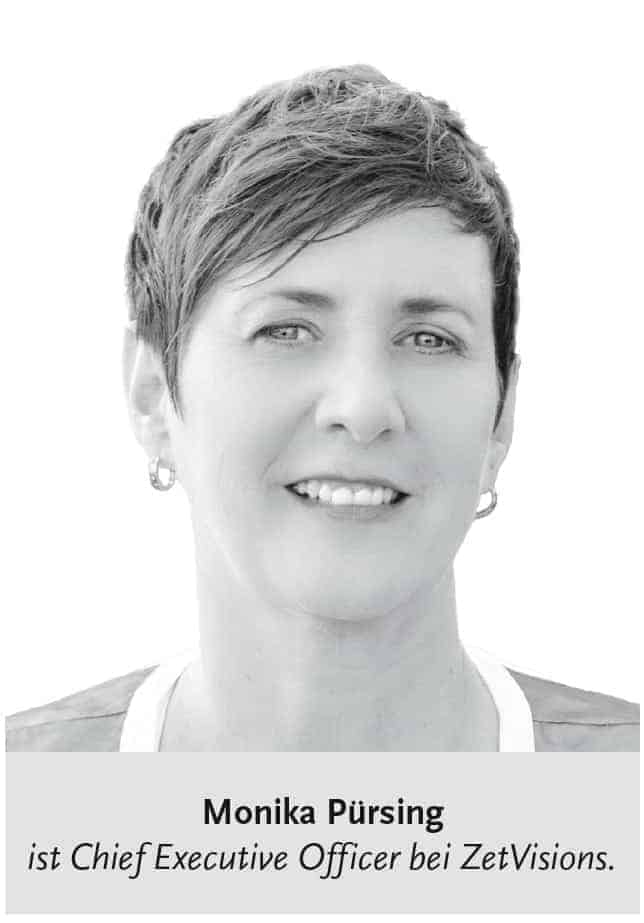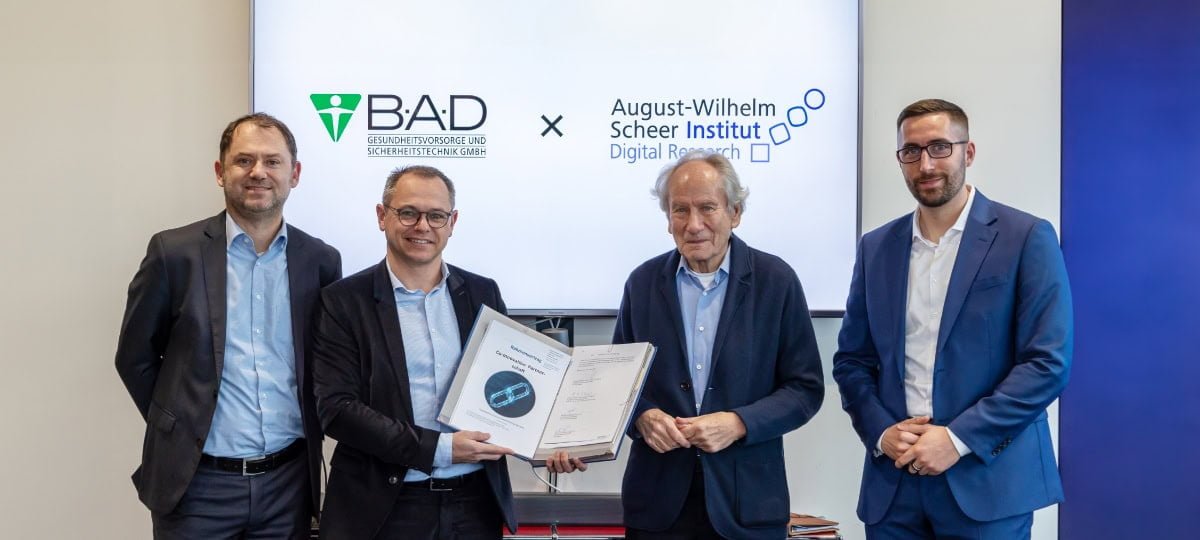Industry 4.0 only with reliable master data


The technical basis for this is intelligent, digitally networked systems that enable largely self-organized production:
People, machines, plants, logistics and products communicate and cooperate directly with each other in Industry 4.0. Production and logistics processes between companies in the same production process are intelligently interlinked to make production even more efficient and flexible.
By networking the companies in the value chain, he says, it is no longer possible to optimize just one production step, but the entire value chain.
In this way, intelligent value chains can be created that also include all phases of the product's life cycle - from the idea of a product through development, production, use and maintenance to recycling.
 That's the idea. In its current study, the Würzburg-based research and consulting institute for enterprise software Business Application Research Center (Barc) has investigated whether and to what extent reliable master data is a prerequisite for successful Industry 4.0 applications.
That's the idea. In its current study, the Würzburg-based research and consulting institute for enterprise software Business Application Research Center (Barc) has investigated whether and to what extent reliable master data is a prerequisite for successful Industry 4.0 applications.
The title of the study "Creating the prerequisites for Industry 4.0 with consistently transparent master data" anticipates the result. Successful Industrie 4.0 applications need reliable master data - absolutely.
According to the study, this applies both to data exchange via internal systems and between business partners and external systems. However, companies often still have to contend with data management problems.
Data is scattered across various data silos, structured and defined differently, not accessible, lacking sufficient data quality and poorly documented. In short, there is a lack of suitable data and, in particular, master data management.
However, problems with data or master data management have not just been pointed out since yesterday. Numerous studies from recent years are proof of this, including Steria Mummert Consulting (2013), Barc (2011, 2013, 2014, 2016), Fraunhofer IAO (2013, 2014) and most recently Lünendonk (2016).
According to the study, many companies in Germany are currently not adequately equipped to meet the challenges of digital transformation.
Only about one in seven (15 percent) of the 155 German companies surveyed consider themselves to be in a good position when it comes to the important foundation of master data management. 72 percent rate themselves as "mediocre" and 13 percent as "poor".
For years, the same findings on data quality and master data management have been repeated. The causes of poor data quality are manifold, but generally the same everywhere: lack of embedding master data management in the corporate strategy, no clearly defined processes and responsibilities for data entry, release and maintenance, and a proliferation of data sources and systems.
Now the situation is once again being exacerbated by Industry 4.0. According to the Barc study, the offerings of technology providers around Industry 4.0 promise to better network IT and machine systems, store more data cost-effectively, evaluate it intuitively using modern analysis tools, and ultimately make better decisions, accelerate processes, and develop and offer new products and services.
"Data plays a central role in this. The required interaction of the systems can only function if they also work on a common data basis, such as uniform and centrally managed raw material, plant, and product master data."
say Lars Iffert and Timm Grosser, the authors of the study.
Industry 4.0 applications - conceivable across the entire value chain from research and development to procurement and production to marketing, sales and service - are mainly data-driven, and their success is therefore directly dependent on integrated, reliable and accessible data.
"Industry 4.0 stands and falls with data availability".
emphasize Iffert and Grosser.
Data quality and master data management initiatives are therefore essential. Companies would have to create the right conditions for reliable master data through a master data management strategy within the framework of data governance. There is nothing to add to this.
Except: May the words be heard!




